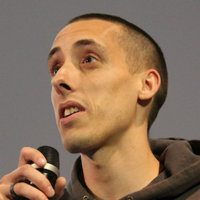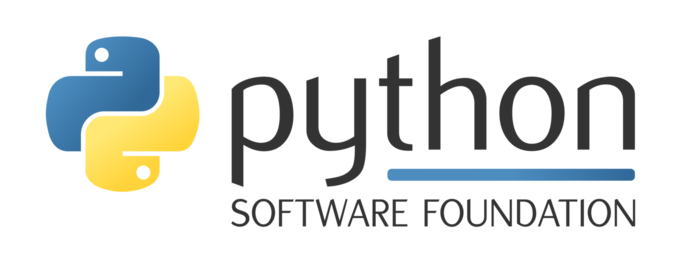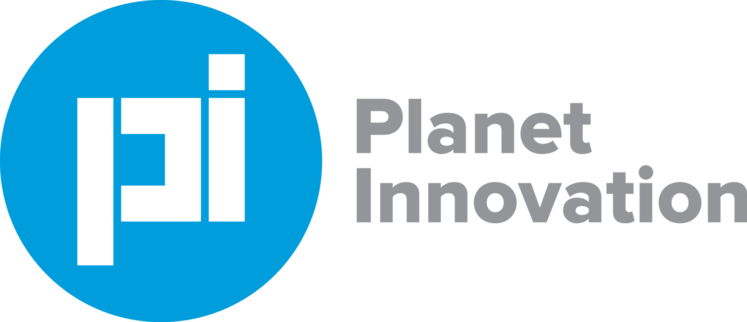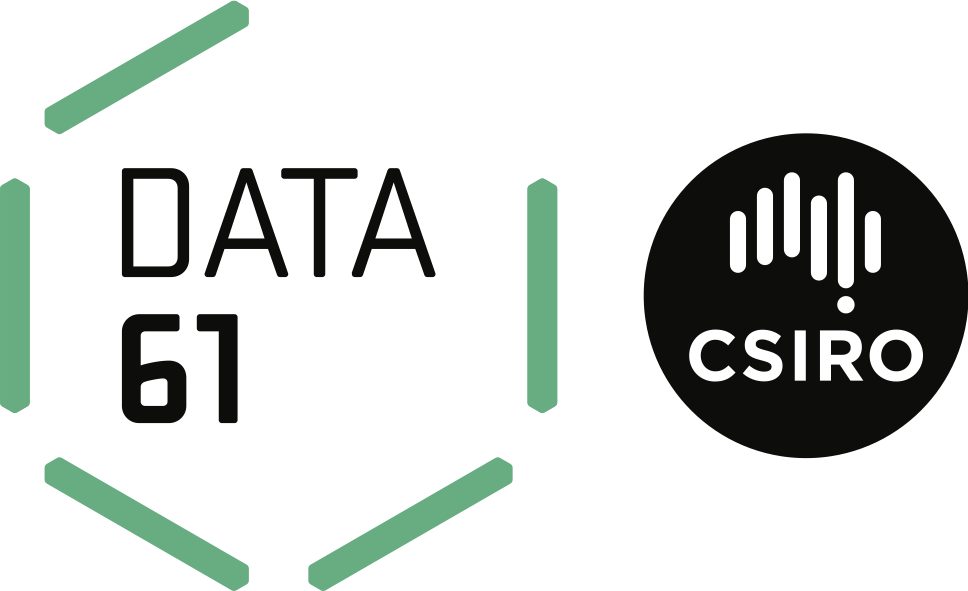Improving the reliability of complex software requires more than just reacting to the latest issue. In this talk we’ll learn how you and your team can work together to build a post-mortem process that helps you identify and fix systematic flaws in your environment.
Ever get that feeling that when your software breaks you’re merely reacting to the breakage and fixing the immediate symptom? Worried that the complexity of your software is increasing over time, and the reliability is reducing? Wish you had a team culture that made it easier to talk about systematic problems, and their solutions? In this talk I’ll describe what I believe to be one of the most important tools in modern software engineering: An effective post-mortem process.
I’ll describe why a good post-mortem process is so important, as well as give concrete suggestions you can use to build an effective post-mortem process of your own. I’ll walk through the process we’ve built at my place of employment, and while the process we use is tailored to our particular environment (100% remote employees, SaaS software, company structure etc), we’ll dive in to the reasons why our process works for us - audience members will be able to take those ideas and start building a post-mortem process for their own teams.
This is not a technical talk! There will be approximately zero lines of Python shown. This talk is about managing complexity, working with humans, and improving our culture.
Watch 'Post-mortems: Building better software together.' on PyCon AU's YouTube account

Thomi Richards
Thomi Richards is a programmer, all-round-geek, and recreational pilot. Currently working as a product engineer at Zapier, his current areas of interest include product design, data mining, experiment analysis and automating all the things.
Thomi has been involved in the New Zealand Python community since 2011. He’s currently the secretary of the New Zealand Python User Group (NZPug), has been conference chair for Kiwi PyCon in both 2012 and 2016, and has spoken at various Python conferences around the world.




















